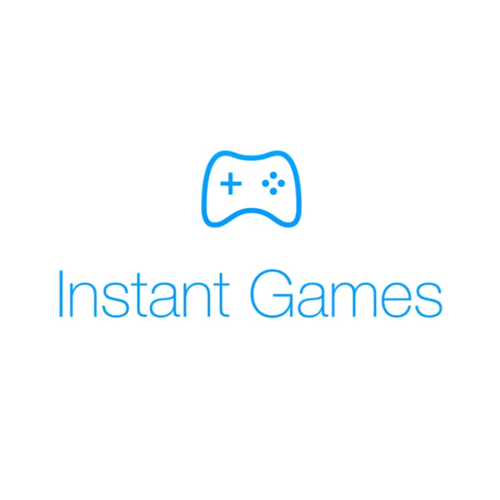
Facebook is the most popular social media network, and it has grown bigger than many people have predicted.
From the many things the social giant Facebook has to provide, some have failed but many do get the attention they need to thrive. In November 29th, 2016, Facebook announced Instant Games, a feature that allows users to play casual games, straight within its News Feed and Messenger app.
With Instant Games, users can play with just simple taps immediately. No downloaded required, nor any set up to do.
Based on HTML5, the games are basically browser games with minimal settings. They can be loaded quickly without having the user to understand what's what.
There are 17 games to start with at the initial launch.
While another feature addition is indeed welcome, Facebook that was once complex, but unbundled itself because of that complexicity, is now again becoming complex.

Messenger is Facebook's chatting and messaging app. The product started as Facebook Chat which was a prototype created during an internal hackathon in 2007. The feature eventually made itself into Facebook's main website. A few years later, Facebook decided to unbundle the big blue app, breaking the main Facebook app into separate pieces.
One of which is the Messenger that only offered messaging feature.
Since then, Facebook has been steadily adding more features into it, up to the point where it's becoming complex.
On every update Facebook is giving to Messenger, the size of the app goes up. With many things users can do with Messenger, the app is now packed at more than 150MB. Users can definitely say that Messenger is more than just "mere", "small" or "simple" chatting app.
The concept of Facebook and Messenger in maturing isn't at all new. Facebook at first was a big app bundled with tons of features. But then it decided to separate the pieces, making them their own brands. Now Messenger, used by billions of users, is started to become what Facebook was once before.
For a chatting app to become much more complex that just a chatting app, an example would be best to describe Japan's LINE. The app offers all of Messenger's features in one app, including parts of social networking, profiles and timeline. It also has blogs and a marketplace for stickers, themes, games and various payments. Another example would be China's WeChat that has gone even further than LINE.
Facebook introducing Instant Games is like Facebook going back to the old days where it once thrived with games. And for Messenger, it's going to become one of the aforementioned mega-apps. Both Facebook and Messenger want to aggregate as many services as possible into them, making users to stay no matter what. Engagement is the key, and this is where Facebook excels.
The more people use the product; the more it can collect user data; the more it can serve advertisements.
Messenger shares Facebook's DNA, and this is where it follows the footstep of the social giant. Without including Messenger in creating an unhealthy imbalance in the app ecosystem and among its competitors, the strategy is a win for Messenger.
And on top of that, it's a victory for Facebook.